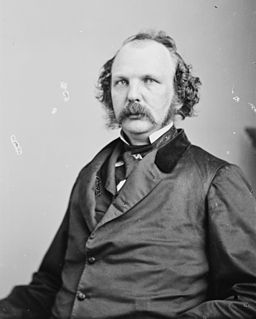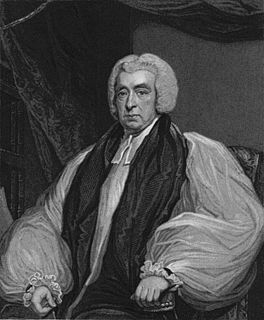A Quote by John Adams
The law no passion can disturb. 'Tis void of desire and fear, lust and anger. 'Tis mens sine affectu, written reason, retaining some measure of the divine perfection. It does not enjoin that which pleases a weak, frail man, but, without any regard to persons, commands that which is good and punishes evil in all, whether rich or poor, high or low.
Related Quotes
Lust is as it were desire and desire, will which extends beyond the natural will, passionate, not governed by the law and moderation. There are thus many forms of lust, like the many forms of sin ... Lust does not approach the soul in the form of a warlike enemy, but in the form of a friend or a pleasant servant. It suggests some sort of pleasure or illusory good. But this is only a trick by which the malicious angler strives to lead astray and catch the poor soul. Remember this when you are tempted by lust.
The 'public' is a phantom, the phantom of an opinion supposed to exist in a vast number of persons who have no effective interrelation and though the opinion is not effectively present in the units. Such an opinion is spoken of as 'public opinion,' a fiction which is appealed to by individuals and by groups as supporting their special views. It is impalpable, illusory, transient; "'tis here, 'tis there, 'tis gone"; a nullity which can nevertheless for a moment endow the multitude with power to uplift or destroy.
Good name in man and woman, dear my lord, Is the immediate jewel of their souls: Who steals my purse steals trash; ’tis something, nothing; ’twas mine, ’tis his, and has been slave to thousands; But he that filches from me my good name Robs me of that which not enriches him, And makes me poor indeed.
There is no beautifier of complexion, or form, or behavior, like the wish to scatter joy and not pain around us. 'Tis good to give a stranger a meal, or a night's lodging. 'Tis better to be hospitable to his good meaning and thought, and give courage to a companion. We must be as courteous to a man as we are to a picture, which we are willing to give the advantage of a good light.
The civil magistrate cannot function without some ethical guidance, without some standard of good and evil. If that standard is not to be the revealed law of God (which, we must note, was addressed specifically to perennial problems in political morality), then what will it be? In some form or expression it will have to be the law of man (or men) — the standard of self-law or autonomy.
No one punishes the evil-doer under the notion, or for the reason, that he has done wrong -- only the unreasonable fury of a beast acts in that way. But he who desires to inflict rational punishment does not retaliate for a past wrong, for that which is done cannot be undone, but he has regard to the future, and is desirous that the man who is punished, and he who sees him punished, may be deterred from doing wrong again.































